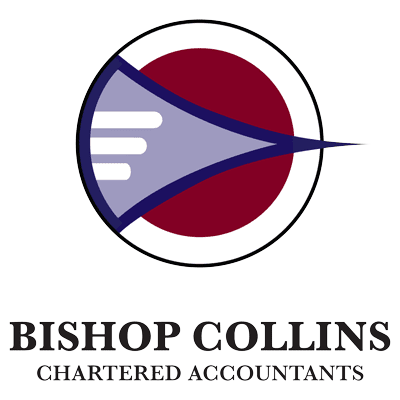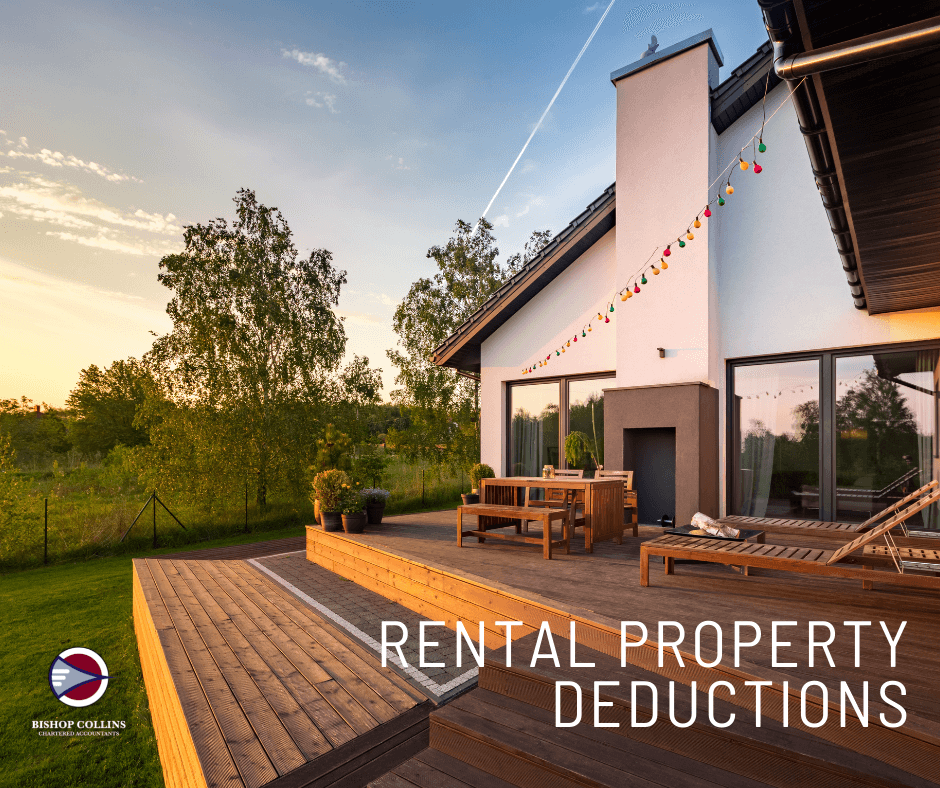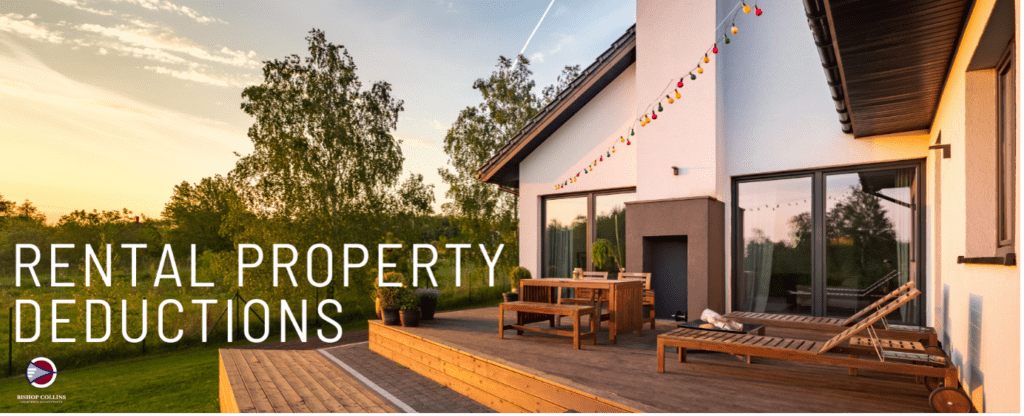Rental Property Deductions – Are You Missing Out
Purchasing an investment property whether it be residential, or commercial is a popular way for investors to build their investment portfolio and long-term wealth. There is a lot of work and important decisions to make to choose the appropriate property and obtain finance.
Once all that hard work is done it’s important you understand what deductions you’re entitled to ensure you maximise the tax benefits of holding real property as part of your investment portfolio.
Can I Claim a Tax Deduction for all my Rental Property Expenses?
You can only claim a deduction for rental property expenses if the property is used to produce assessable income.
However, you may only be able to claim a portion of the deductions if one of the following apply:
- Your property is only genuinely available for rent for part of the year.
- Your property is used for private purposes for part of the year.
- Only part of your property is used to earn rent.
- You rent your property at non-commercial rates.
- Your investment loan is partially used for private purposes.
Where any of the above apply you will not be able to claim 100% of your rental property expenses.
You can only claim rental property deductions for the periods where your property is either:
- Rented out; or
- Not rented out but genuinely available for rent. To be genuinely available for rent the following must apply.
- The property is advertised, giving it broad exposure to potential tenants.
- Considering all the circumstances, tenants are reasonably likely to rent the property.
What expenses can I claim now?
Subject to any applicable apportionment you can claim a deduction for most expenses you incur. You cannot claim expenses paid by your tenant. Capital expenses (i.e. items that depreciate or building improvements) will need to be claimed over their effective life.
Item which you may be able to claim an immediate deduction for include:
|
|
|
|
|
|
|
|
|
|
|
|
|
|
Traps to be aware of when claiming rental property expenses
It is not as straight forward as you think to claim some of the above expenses. The following are a list of some of the traps you need to be aware of when calculating your claim for these deductions:
Interest Expense: If you borrow money to purchase a rental property you can usually claim the interest as a tax deduction. However, you need to be aware of the following situations which may arise impacting your ability to claim all the interest cost:
| Interest You Can Claim | Interest You Can’t Claim |
| ✅ Initial purchase of rental property | ❌ The period the property is used for private purposes |
| ✅ Purchase of depreciating assets for property (i.e. hot water service) | ❌ Any part of the loan used for private purposes when you originally drew down on the loan |
| ✅ Finance renovations and repairs to the rental property (i.e. roof repairs) | ❌ New loans used for another purpose where the rental property was used as security |
| ✅ You can also claim interest pre-paid for up to 12 months in advance | ❌ Loan redraws used for private purposes |
Repairs & Maintenance on your rental property: You will generally be able to claim a full tax deduction for the cost of repairs and maintenance in the year you incur the costs if the property:
- Continues to be rented on an ongoing basis; or
- Remains available for rent but there is a short period when the property is unoccupied – for example, where unseasonable weather causes cancellations of bookings or advertising is unsuccessful in attracting tenants.
Examples of repairs and maintenance which may be deductible in full in the year you incur the cost include:
| Repairs must relate directly to wear and tear that has resulted as a direct result of renting out your property, for example:
|
Maintenance which generally involves keeping your property in a tenantable condition including preventive maintenance, for example: |
| · Replacing broken windows | · Repainting internal walls |
| · Replacing part of guttering or roof tiles damaged during a storm | · Hedge and tree trimming |
| · Repairs to electrical appliances | · Pool cleaning |
| · Replacing part of fence damage by a falling tree | · Maintenance plumbing |
Initial Repairs
Costs you incur to remedy defects, damage or deterioration which existed at the time you acquired the property are “initial repairs” and are considered to be capital in nature and not deductible in the year the cost was incurred. These may be classified as capital works or capital allowances depending on the type of expenditure incurred.
Other items may fall in the category of capital expenditure which can be claimed over time. Capital expenditure may fall into one of two categories being:
| Capital Works – A deduction can be claimed at a rate of generally 2.5% per year for 40 years following completion of construction.
|
Capital Allowances – individual asset acquisition where you claim a deduction over the life of the asset. |
| These are certain types of construction costs used to produce income, including:
|
These are items which can be described as plant and do not form part of the premises structure, including: |
| · Building and construction costs | · Timber flooring or carpets |
| · Costs of altering a building or major renovations | · Blinds and curtains |
| · Building extensions such as garages or Patios | · Appliances such as a washing machine or fridge |
| · Adding a fence, driveway or retaining wall | · Items of furniture |
Legal Expenses: Legal expenses may be deductible in the year they are incurred depending on their nature:
| Legal Fees You Can Claim | Legal Fees You Can’t Claim |
| ✅ Evicting non-paying tenant | ❌ Fees connected with the purchase of the property (capital) |
| ✅ Taking court action against a tenant for loss of rental income | ❌ Fees for the preparation of loan documents (borrowing expenses) |
| ✅ Defending damages claim resulting from injuries suffered by a third party on your rental property.
|
❌ Legal costs connected with resisting land resumption or defending the title of your property (capital) |
Other Relevant Issues on Rental Property Deductions
Holiday Homes – The above rules also apply to holiday homes. When calculating your pro-rata claim for deductions you need to take particular care when determining the number of days during the year when the property was rented or genuinely available for rent.
AirBnb – If you are renting out a room (in your home) or a whole property through Airbnb then the above rules still apply. You should also ensure you accurately reflect your gross rental income received through the Airbnb app, in your income tax return. Your Airbnb data may be provided to the ATO to data match with your tax return.
Travel Costs – From 1 July 2017 if you have a residential rental property, you can no longer claim any deductions for the costs of travel you incur travelling to the property for inspections, repairs etc.
Deduction for Second-Hand Depreciating Assets – If you have a residential rental property, you can no longer claim any deductions for decline in value of second-hand assets acquired on or after 1 July 2017. This includes deprecating assets already installed in a rental property you acquire after this date.
Tax Tips for Residential Investment Property Owners
There are several tax tips your accountant can assist you with regarding your residential investment properties. A good accountant will assist you with some of the decisions you need to make around finance and taxation when it comes to buying an investment property. We strongly advice you to speak with a professional before you purchase an investment property, residential or commercial in nature.



